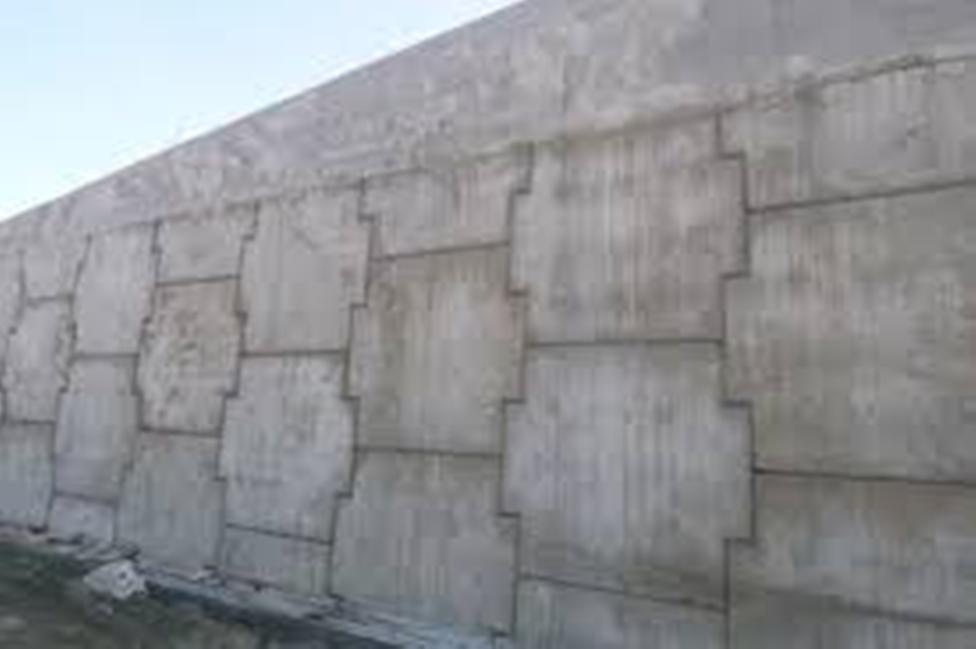Zimbabwe has a sizable number of residential stands that have been sold to various land owners but lie idle due to inability to build.
Building brick houses in the country has become expensive and beyond reach for many Zimbabwe home seekers.
Launch- sky Precasting, a construction company in Zimbabwe, identified this challenge for most landowners and came up with a cheaper, more affordable solution of using panels of precast walls to build houses. The structures built are in no way different from brick structures , only cheaper in price.
The concrete panels are a mixture of superset cement (the cement with the highest tensile strength), washed riversand and quarry stone aggregate. The compounds once mixed are poured into a concrete mixer. They are then fed into the moulders which give the panels a brick wall like shape.
Also read:Zimbabwe’s NBS to rollout 10 000 housing units in 2017
From the moulders, the panels are channelled into a vibrating table giving them time to set and be strong. After the compaction process is done, the panels are moved into a shed where they are cured using water and natural conditions. This process makes their panels equally as strong as bricks.
The building structures erected from this prefabricated material is expected to last for about 30 years without maintenance work. By using interlocking panels that are tightly fixed, making them difficult to break from the outside, it would require destruction equipment to remove the structure making the buildings very strong.
Also read:Civil Servants Housing Trust Fund in Zimbabwe to be established
Mr. Blessing Marowa, the founder and Director of Launch-sky Precast, mentioned that the structures are also meant to sustain harsh weather conditions and it takes around seven days to build a five bedroomed prefabricated structure at half the price that a brick structure costs.
There has been a fair amount of scepticism on the venture with people questioning the durability and viability of the structures , but they have managed to construct classroom blocks and offices in the country and have been subcontracted to work on jobs within the region too.
They believe that the housing problems in the country can be reduced through using prefabricated materials to build.
